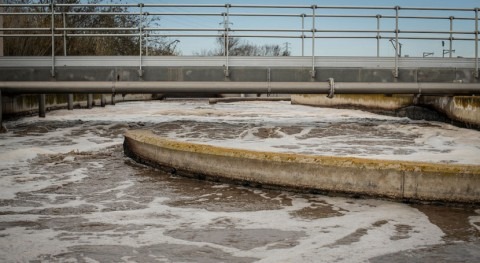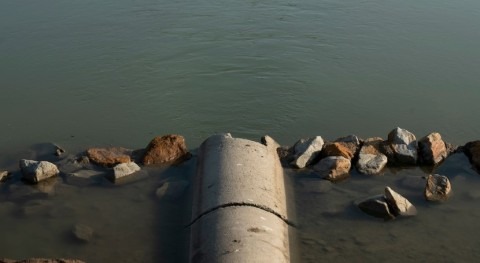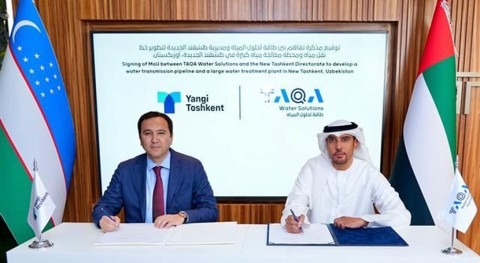The Thai government has unveiled a comprehensive half-trillion-baht water management plan for the next three years, reports Bangkok Post.
Prime Minister Srettha Thavisin, addressing concerns at a Royal Irrigation Department (RID) meeting on Monday, emphasized the urgency of the initiative, urging all relevant agencies to formulate an effective strategy.
Prime Minister Srettha highlighted the significant portion of the annual state budget allocated to assist and compensate flood victims, underlining the critical importance of enhancing water security.
The government has also opened doors to foreign investments in new industries that consume large amounts of water, further necessitating robust water management.
The Office of the National Water Resources (ONWR) has been tasked with drafting the plan, which will be presented to the cabinet for approval by August. The plan involves monitoring flood risks during the rainy season, a collaborative effort between the ONWR, the RID, and the Geo-Informatics and Space Technology Development Agency (Gistda), to devise a thorough disaster mitigation strategy for flood-prone areas.
Estimated at 548.4 billion baht, the ambitious plan aims to provide 4.5 million households with access to clean water. Additionally, it seeks to connect 12 million rai of non-irrigated land to irrigation channels, enhancing the country's drought resilience. The plan also aims to increase total water reserves to 4.7 billion cubic meters, with retention zones holding approximately 1.9 billion cubic meters.
Key projects under the plan include constructing new dams, improving rural irrigation channels, rehabilitating watershed areas, and developing new water retention zones.
Prime Minister Srettha assured the public that measures are in place to prevent a repeat of the devastating 2011 floods, highlighting the government's comprehensive water resources management strategy designed to mitigate natural disasters.
Agriculture Minister Thamanat Prompow noted that the plan aligns with the previous government's 20-year water management framework. "We want to see results while we are still in government. We want the public to appreciate the government's solid performance on water management," he said, adding that some projects will adopt a public-private partnership (PPP) model due to budget constraints.

















